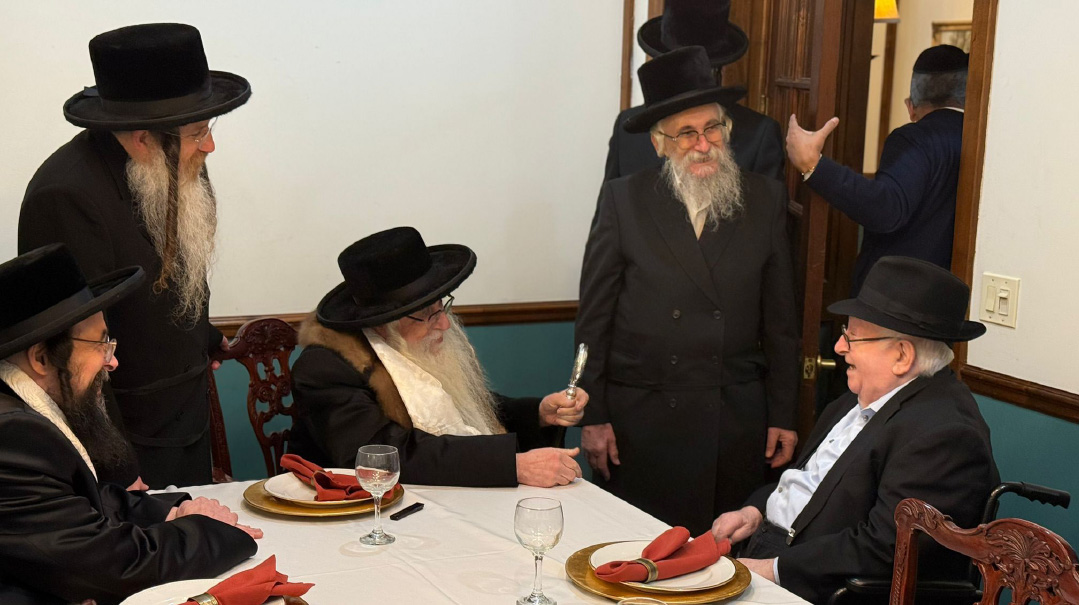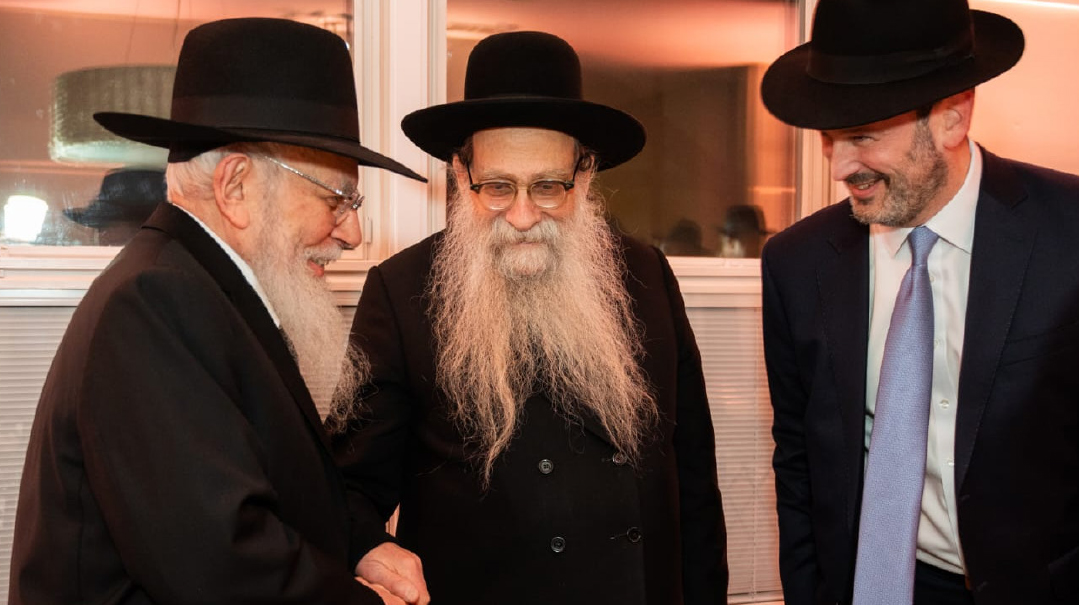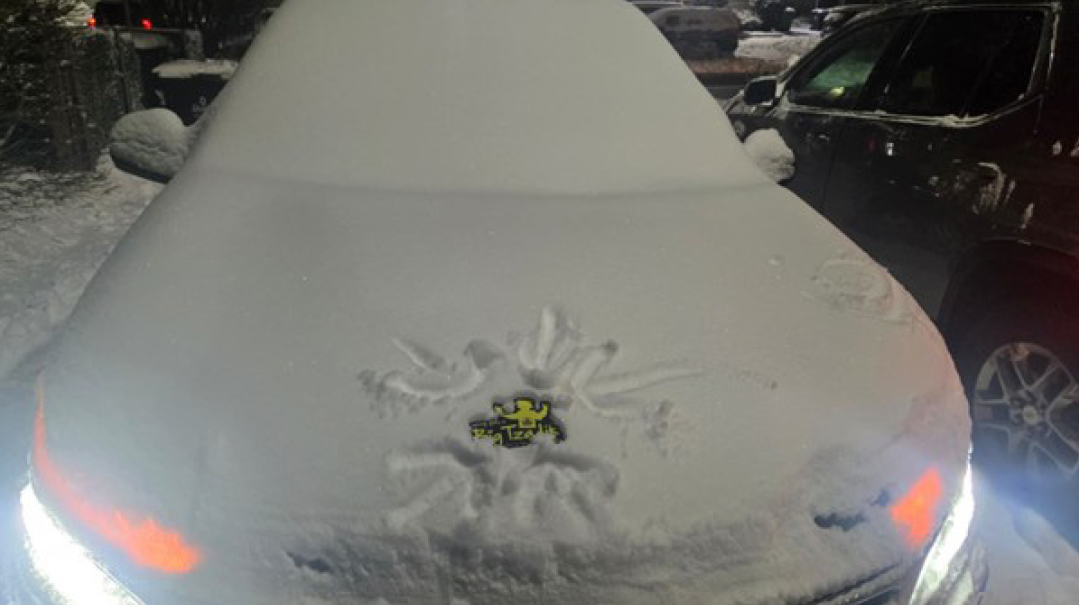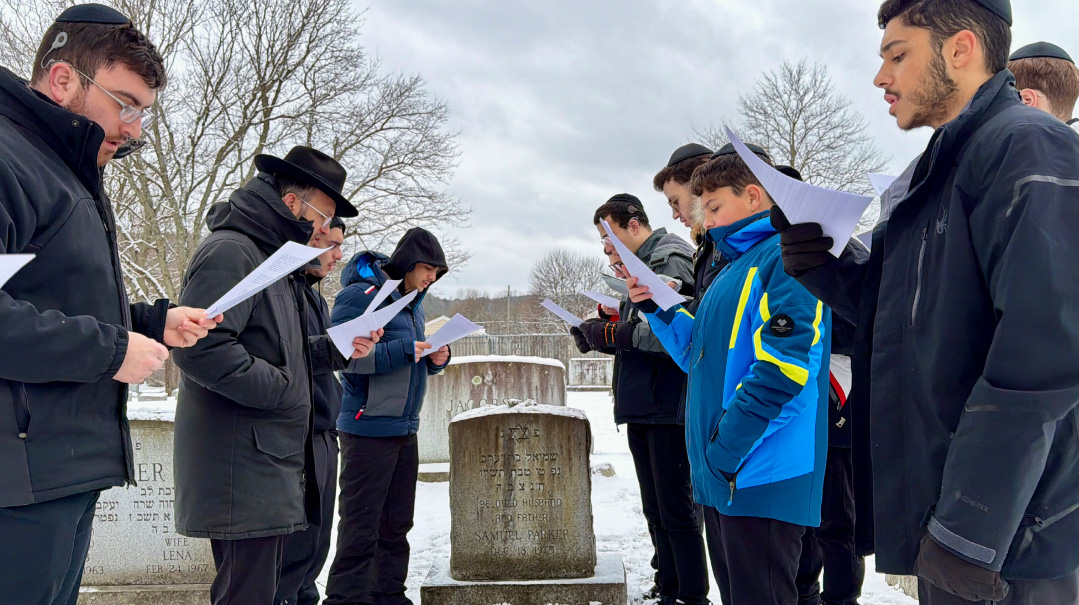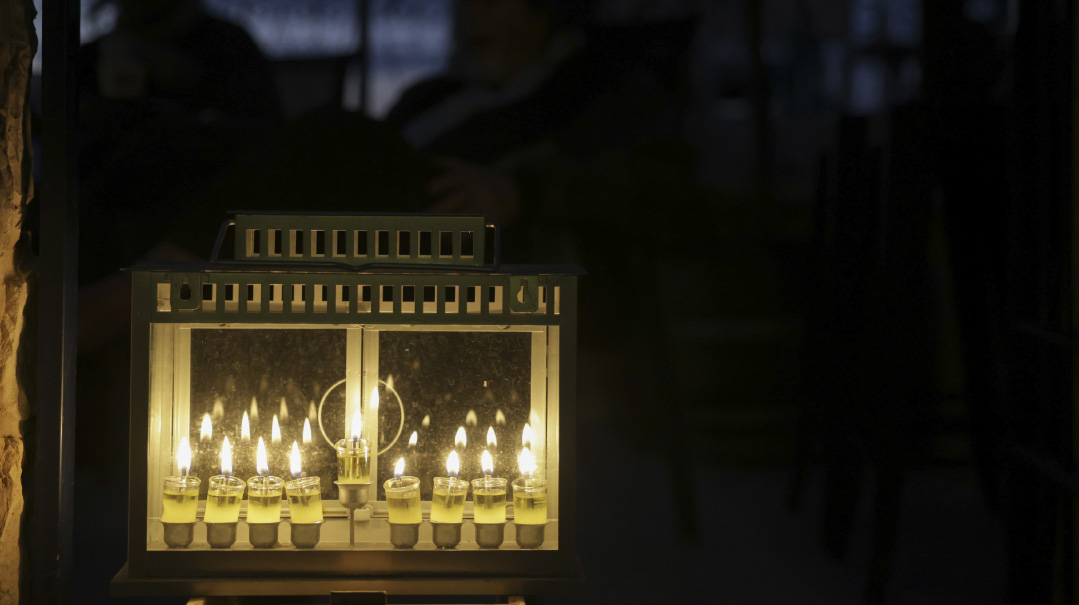Living Higher: Issue 905

“Are you by any chance related to someone named Chaim Radziner, who lived in prewar Lodz?”
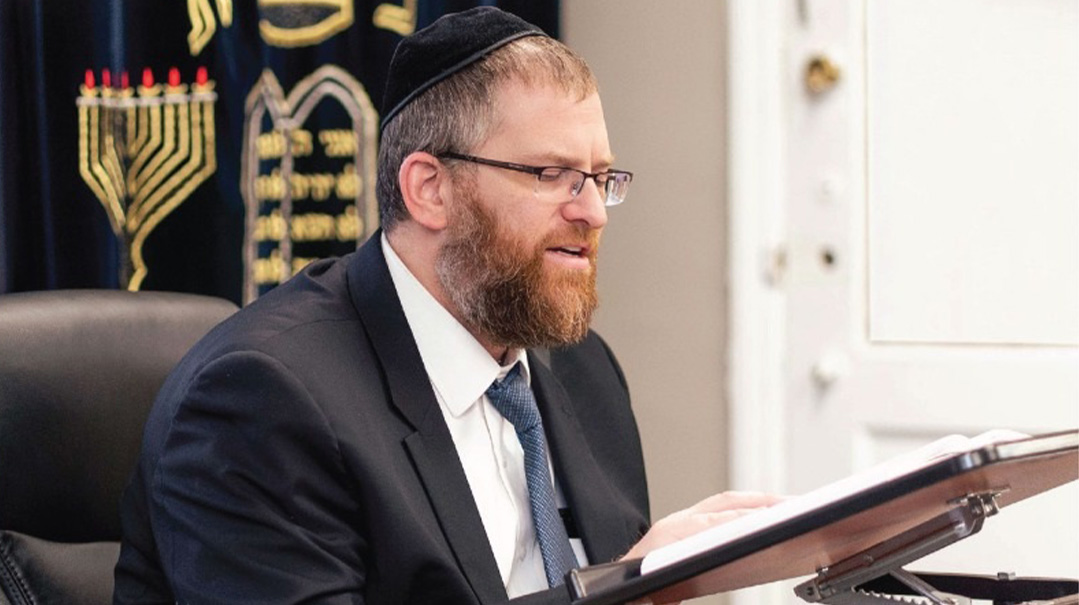
U
nder the dynamic leadership of Rabbi Pinchas Gross, Kehillas Derech Chaim in Baltimore has blossomed into an active Torah study center, with an array of initiatives, shiurim, and innovative learning programs. Following the recent completion of Maseches Megillah in the daf yomi cycle, Rabbi Gross introduced yet another initiative: to write and submit original chiddushei Torah. All participants were encouraged to develop and transcribe their own novel concepts based on the masechta. This, explained Rabbi Gross, would allow for the yeshivah experience to be relived, the joy that comes with being totally immersed in learning reignited. The submissions started pouring in, and were ultimately combined and published as a sefer called Kuntres Orah V’Simchah.
At some point during the project, Rabbi Gross came across a letter written close to a century ago by Rav Yerucham Levovitz, the famed mashgiach ruchani of the prewar Mirrer Yeshivah. The letter was addressed to a group of balabatim in Lodz, alumni of the yeshivah and Rav Yerucham’s former students. The letter strongly encouraged that the group continue to say chaburahs, as this would ensure that their connection to Torah would remain steadfast. The letter further encouraged that they transcribe their chiddushei Torah and have them published in a sefer.
Rabbi Gross, realizing that his own initiative was a reverberation of the past, actually managed to locate the sefer that was published by this very group of Polish Mirrers. One of the contributors was a fellow by the name of Chaim Radziner. As it happens, one of the members of Kehillas Derech Chaim is Daniel Radziner, a daf yomi learner and contributor to the Kuntres Orah V’Simchah. It seemed like a coincidence, but Rabbi Gross decided to find out.
“Are you by any chance related to someone named Chaim Radziner, who lived in prewar Lodz?” Rabbi Gross asked Daniel Radziner.
“Sure I am!” came the response. “He was my grandfather’s first cousin. They grew up in the same home. He was killed in the war, leaving no children behind. There is nothing left of his legacy.”
Nothing besides a single kuntres, written by a group of young men upon the directive of their beloved mashgiach in order to keep their connection to Torah learning alive — an uncanny echo of an initiative in a Baltimore shul joined by a surviving relative generations later.
(Originally featured in Mishpacha, Issue 905)
Oops! We could not locate your form.

